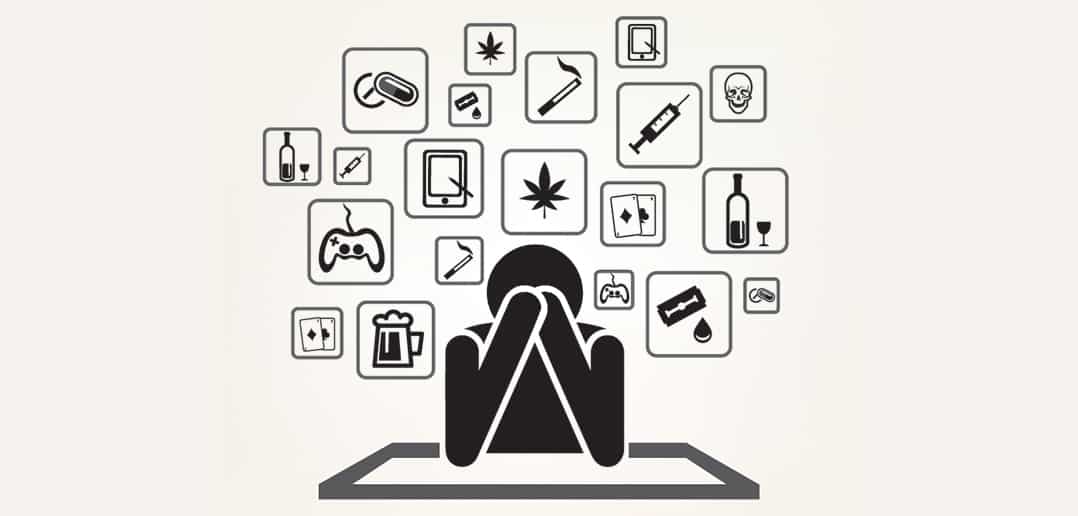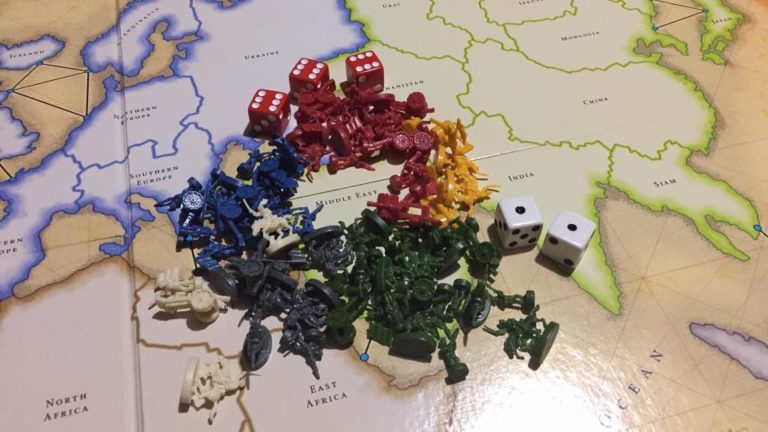Society Intentionally Inflicts Addiction
We’re told since we’re young that it’s our duty to grow up, get a job and contribute to society. I think, if you’re a doctor, philanthropist or certain types of engineers, maybe that makes sense. No one else, as far as I can tell, is contributing anything to society. The rest of us are just buying into and perpetuating the consumerist system we’ve surrounded ourselves with and it’s actually causing tremendous damage to people.
You have your immediate family, and of course you want to do right by them, but then, if you go out and get a job, unless you’re in one of the professions I mentioned, you’re going to be helping a corporate conglomerate capture greater market share of some kind of industry, whether you’re in a skilled job (lawyer, engineer, researcher, etc) or a low-skilled job.
By now everyone’s fully aware of all the damage that a culture predicated on goods-consumption and creation measured by GDP is, but something I want to hone in on very specifically is addiction and how our society is extraordinarily at odds with how a human being should function if they’re mentally healthy. We used to talk about the physical health problems of canned food, or unsafe cars, but now we’re talking about, for example, the addictive properties of free to play mobile games.
That’s just an easy example because it’s so stupidly egregious, and even then we have to “teach the controversy” because so many people are reliant on the revenues generated by these slot machines. But even beyond that, YouTube is a slot machine; you refresh (the “lever”) and see what it gives you, and if it pays out something good, you watch it and you get a dopamine rush. All the social media companies invested in endless scroll and other tactics to keep you addicted, and we well know that it’s intentional — they specifically hired psychologists and social engineers to craft these skinner box functionalities for you.
It doesn’t stop there, though. Love has to be addictive; we have dating sites that are financially incentivized to keep you looking via the subscription model. Medicine is much the same way (guess Doctors aren’t exempt after all), with numerous scandals about pharmaceutical companies bribing doctors to prescribe certain medications, ordering unnecessary tests and literally addicting people to opioids.
The root of the problem is this: our entire economic system incentivizes not providing value as it purports to do, but addicting people to products. Our food producers engineer the values of salt, sugar, and fat to increase profits by getting people addicted. Our video game makers increase profits to get people addicted. Our journalists use clickbait headlines and outrage and FOMO to get people addicted. Even our core way of life, working at a job to produce income is an addiction to feelings of status and material accrual.
That is not some grand revelation. Of course, addicts, which we all are, have all sorts of emotional stability and quality of life problems, issues with empathy, impulse control, etc, which help to explain a lot of what’s going awry in society these days. On top of all of our “societally approved” addictions, “unapproved” addiction is rampant — drugs, alcohol, porn, gambling, predatory video games.
The revelation, perhaps, is this: the first step is admitting you’re an addict, and the more we look inward and study our own recognizable addictions and admit to ourselves that we’re addicts living in a culture of addiction, the more we’ll recognize more and more things that we’re addicted to and improve our ability to prevent those things from having control over our lives.
People talk about The Matrix. The Red Pill, Blue Pill thing. Well, here’s a red pill for you — we are addled zombies, addicted to food, screens, bad medicine, drugs and porn, and we’re not living. We’re just consuming. And the system needs, wants and in many cases forces us to consume, and to be addicts.
It doesn’t have to be like this.







